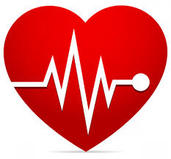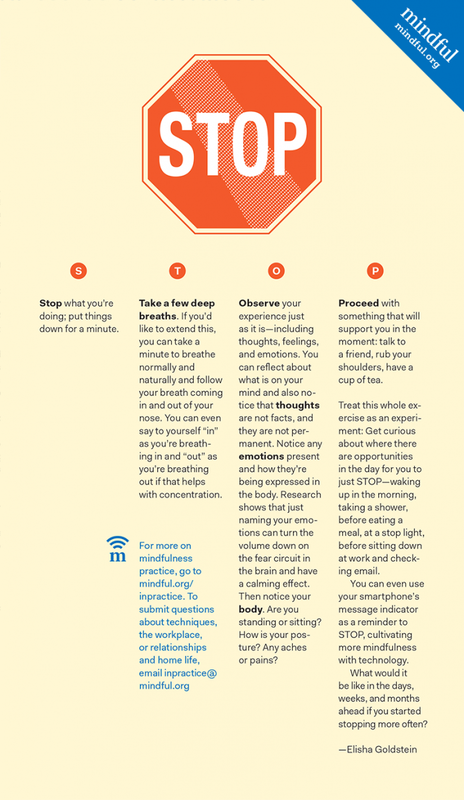 During this time of conflict and uncertainty, one of the best ways you can help yourself and the world at large is to take the time to meditate. Develop a daily practice of reflection, self-compassion, compassion for others. Meditation has been shown time and again through research to improve mental health and relationships. If you are new to meditation, there are two FREE meditation classes that I recommend. They only take 15 minutes a day—well worth the time! -Available for FREE only until Sunday, January 10th: Ten Percent Happier. Download the app or go to the website. https://www.tenpercent.com/challenge It’s a 21 day guided meditation course for free. If you miss that deadline, you can purchase the many courses for a fee and there are scholarships as well. -Always FREE at any time is a fantastic course by Jack Kornfield for beginners or even experienced meditators. You can find that at https://jackkornfield.com/event/mindfulness-daily/ -For more resources, look at my blog with several articles and resources on Mindfulness/Meditation : https://www.connectscounseling.com/blog/category/mindfulness May you be filled with loving kindnessMay you be safe from inner and outer dangersMay you be well in body and mindMay you be at ease and happyMay you feel kindness towards yourself and all others -adaptation of Loving Kindness Meditation
0 Comments
 We are all experiencing some degree of fear and worry during this time. Of course we are! The world is feeling very uncertain and loved ones are at risk! But we can do a lot to help ourselves and the people around us stay calm and centered, even while we do what needs to be done. We can be brave and we can be gracious. We can be kind.We can be strong. Here are some resources to help: Ten Percent Happier: Dan Harris, correspondant for ABC News, panic attack survivor and author has created a wealth of help through free articles,podcasts, an app and Youtube videos. He interviews the most influential meditation leaders, gurus and just down right smart people of our time. He provides free guided meditations from all sorts of teachers and styles. Go to this site: www.tenpercent.com to get all the latest ways to connect with Ten Percent Happier. It's awesome!! Dr. Jud Brewer, doctor, scientist, author, and creator of apps like Eat Right Now to control cravings, Unwinding Anxiety and others is offering many free resources for learning how to use Mindfulness to help with anxiety and difficult habits during this time: https://drjud.com/coronavirus-anxiety/ John Moe, podcaster and author has created the The Hilarious World of Depression podcast filled with funny and helpful information, interviews and more on how to cope with mental illnesses such as depression and anxiety. Check it out: https://www.hilariousworld.org. Update: this podcast has been changed to DepreshMode with John Moe. Still great! Www.maximum fun.org. Jack Kornfield, beloved teacher, monk, podcaster and author has so many resources for helping us become more centered and calm and gracious! He is offering a free online class on Mindfulness as well as free weekly teachings on his Heart Wisdom podcast. He has many books in print and through audible and most can be found free of charge in the library. I can't say enough about all his wonderful teachings! Check him out here: https://jackkornfield.com  From Mindful Magazine A Meditation on Working with Anxiety by Bob Stahl March 28, 2018 Anthony/Jess/Adobe Stock Are you feeling upset, anxious, jumpy? Here is a great audio meditation that can help you calm your body and your mind. It uses Mindful Self Inquiry. The article says: "Mindful self-inquiry is an investigation into the nature of one’s own mind and being. That inquiry looks into physical sensations, emotions, and thoughts that may be contributing to stress and anxiety". Click HERE for the article and audio file.
 Most of us start out our lives breathing correctly, with our stomachs rising and falling with each breath. Unfortunately,as we grow up, most of us start to un-learn this natural breathing as life becomes full of stress and our bodies become less relaxed. The problem with this is that we NEED this natural, soothing way of breathing to keep us healthy. Breathing into our stomachs, rather than into our chests, allows for deeper breath and tells our brain that we are OK. That message signals to our brain to shut off the stress reaction. It allows more oxygen to get to the thinking part of our brain, the cortex, so that we can think more clearly. You can see how important it is to be able to breathe correctly when we are in a difficult but not life threatening situation, one where we want to be able to think critically. Situations, for example, where we are in a conflict with someone we care about, or when our emotions are coming on too strong. We want to be able to turn off the Danger! Danger! signal and be able to respond from a relaxed and thoughtful place. In order to be able to return to this natural way of breathing, we need to practice Belly or Diaphragmatic Breathing. Click HERE for a good article on how Diaphragmatic Breathing works. Practice this breathing technique when ever you can, several times a day, until it feels easy and normal. Click HERE for a video that explains exactly how to do it. Here are two great articles about how mindfulness and meditation can be used to help kids. In Pressing Pause, you learn how parents can use mindfulness practices to help kids calm themselves and avoid problematic behaviors. In the article by UpWorthy, children were taught meditation rather than being suspended! What great ideas!
 In my practice, I use a biofeedback device that helps patients learn to regulate heart rate and breath so as to achieve what the HeartMath institute calls "Coherence". Research has shown that this meditation practice helps increase calmness in the body, changes respiratory gas exchange and can even improve pain management. For more information on the research, and a brief introduction to the practice, take a look at this ITunes University video, Psychiatry Grand Rounds, 9.24.2014 titled Heart Rhythm Meditation as Medicine for Patients and Providers. Episode 30. Here's a very short, cute and informative video that explains how to meditate. Meditation is very effective for calming anger, anxiety and increasing focus, for folks who have problems with distraction or attention. It's also important to note that it only takes 5 or 10 minutes a day to make a difference! The only thing I would disagree with in this video is that I don't think you have to be sitting a certain way. You can do little meditations any time you have 5 minutes or even 1 minute! Take a look.  In our American society right now, we are chasing happiness. Other cultures think we are ridiculous! Why in the world would be expect to be happy so much of the time?! Instead of pursing chronic happiness, I think we are better served by noticing how often we are content. The dictionary describes the word content as "satisfied with what one is or has; not wanting more or anything else". Doesn't that sound great? How many moments of contentedness do you have in your day? More than you may think. Use this handy graphic to help discover them and grow your contentedness.  Emotional regulation is the solution to many of life's problems...even for the Seahawks. When you are losing, it can be easy to get caught up in the downward spiral of negative emotions, and that can effect your performance. This is true of football, but it's also true for all the rest of us too. When we are feeling sad or angry or ashamed, it is easy to let those emotions take us over and expand into other parts of our lives, usually causing more problems! However, if we can be MINDFUL for a moment, pause, take a few breaths and really look at our situation in a non-judgmental way, we can usually find a way out of the negative spiral. That's exactly what the Seahawks do! They train with a sports psychologist, Michael Gervais, who teaches many of the same techniques (cognitive behavioral training, visualizing, breathing, mindfulness) that we use in counseling sessions. Here's an excerpt from the article: "Gervais uses tactical breathing, visualization, and mental-imaging techniques to cultivate “full presence and conviction in the moment.” "Gervais teaches players meditation, which he calls tactical breathing, as well as a broad range of visualization and mental-imaging techniques. He also helps them balance the physical, mental, and spiritual aspects of sports and make mindfulness an integral part of their daily lives. While other sports psychologists focus on training players pre-performance rituals, Gervais uses a sophisticated blend of mindfulness and cognitive behavioral training to cultivate what he describes as “full presence and conviction in the moment.” Click HERE for the online article and video clip. Here is a good article from Scientific America that describes research about mindfulness and how helpful it is for depression. Mindfulness is the practice of breathing and paying attention to what is happening right now, as opposed to worrying about the future or the past! If you have come to my office, we've probably done a little mindfulness practice together. Take a look at this article; I think you will enjoy it. Is Mindfulness Good Medicine? |



 RSS Feed
RSS Feed
